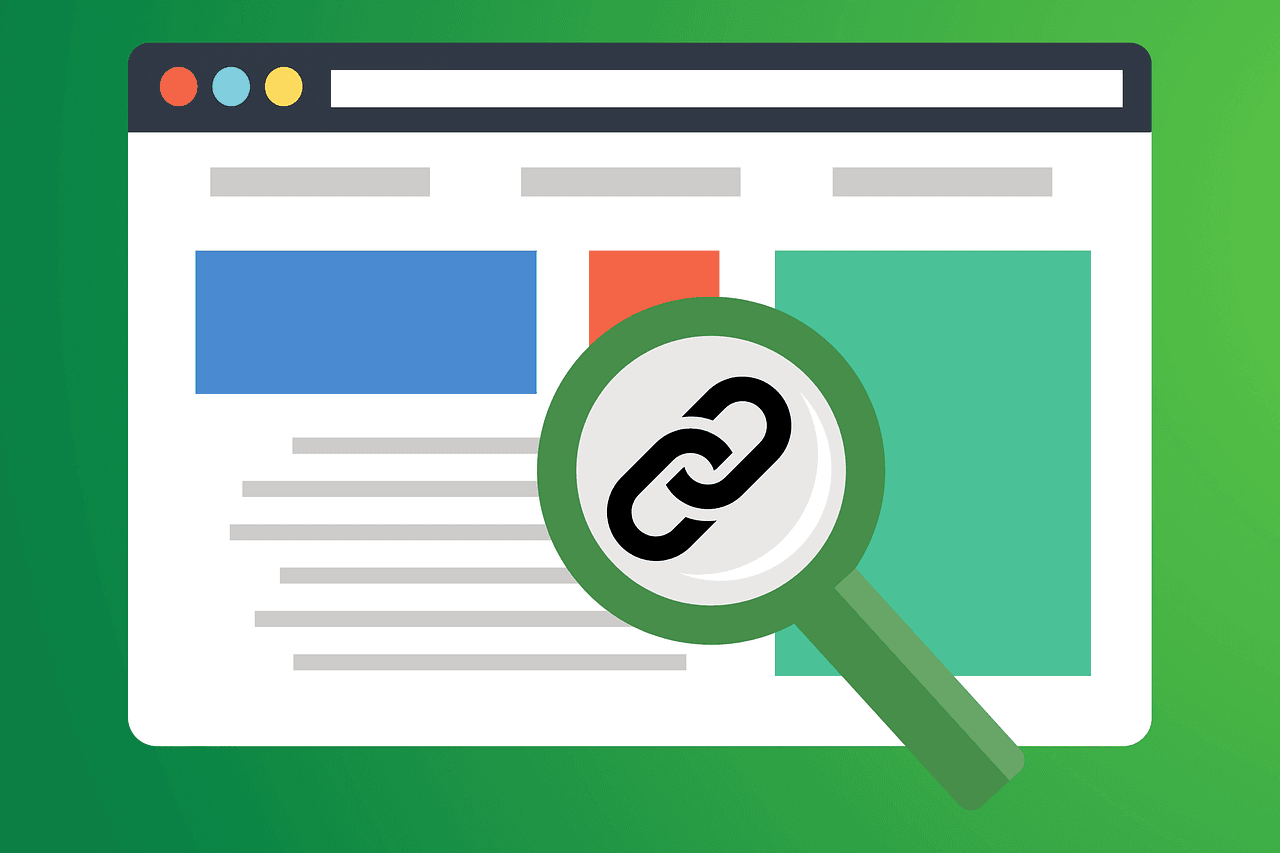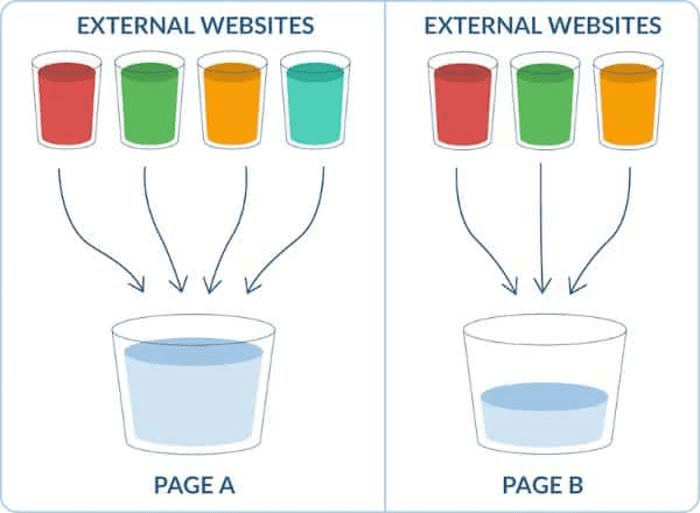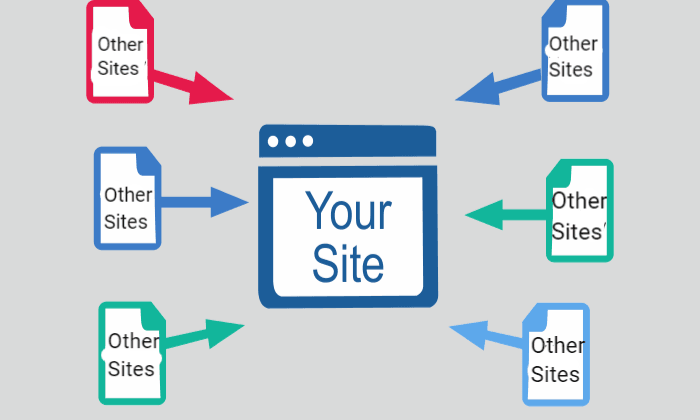Quick Summary
This article explores strategies to increase online visibility using targeted/hidden keywords. It emphasizes conducting thorough keyword research, leveraging long-tail keywords, analyzing competitors' strategies, and optimizing website content. Additionally, it discusses the importance of monitoring and adjusting keyword performance over time using tools like Keyword Metrics to find hidden keywords and stay competitive. By utilizing these approaches, businesses can drive traffic, enhance search engine rankings, and ultimately grow their online presence.
Need Tips to Boost Your Online Visibility?
Building an online presence is essential for businesses today, but achieving visibility on search engines, especially Google, can be quite challenging. Online visibility refers to how easily potential customers can find your business online through search engines, social media, and other digital platforms.
Many businesses struggle with ranking high on search engines due to competition, algorithm changes, and lack of optimized content. However, by applying the strategies in this Keyword Metrics article, businesses can improve their chances of being noticed online. These actionable tips help enhance search rankings, drive traffic, and ultimately grow your business’s digital presence.
Benefits of Boosting Online Visibility
Boosting online visibility adds a lot of value to your business, some of these are;
First, it helps attract more targeted traffic to your website, increasing the chances of converting visitors into customers.
As your site appears higher in search engine rankings, potential customers can find you more easily, enhancing brand awareness and credibility.
Drive organic traffic, reducing reliance on paid advertising and lowering marketing costs.
Build long-term growth by consistently reaching your target audience through relevant search queries.
How to Increase Your Online Visibility Using Keywords
1. Conduct Thorough Keyword Research
Keyword research is vital for increasing your online visibility. It helps you identify the search terms your audience uses when looking for products or services you offer. By aligning your content with these keywords, you improve your rankings on search engine results pages (SERPs), drawing more visitors to your site.
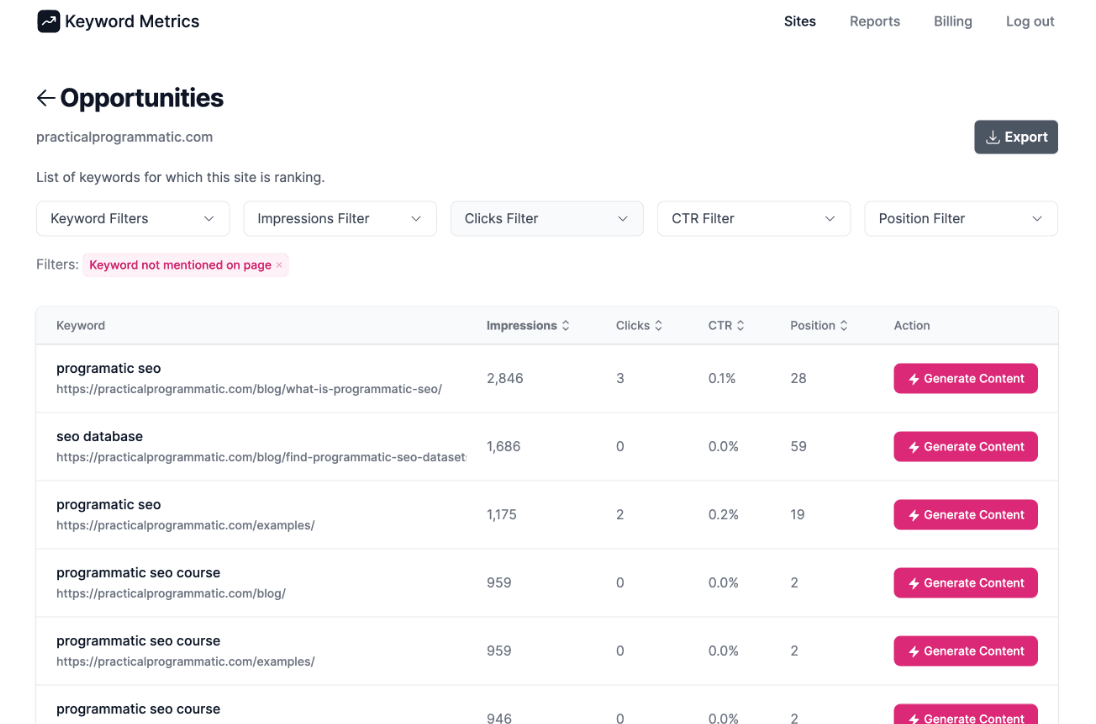
Improve SEO with Targeted Keywords: Select high-traffic, relevant keywords and use them to fine-tune your website’s content and meta tags. For instance, if you own a local boxing gym, focusing on keywords like "best boxing classes near me" can increase your visibility to nearby customers searching for those services. Use tools like Keyword Metrics to simplify the keyword research process and quickly find search queries you’re ranking for so you can optimize your content to increase your visibility and ranking.
Create Content That Matches User Intent: Craft content based on user intent to improve visibility. If your audience searches for "simple home improvement ideas," as a renovation business, you can create blog posts around DIY projects. This type of tailored content draws the right audience to your site and positions you as a helpful resource.
Outperform Competitors with Niche Keywords: Target less competitive keywords to stand out in crowded markets. For instance, a small photography business might focus on phrases like "affordable portrait photography in [your city]" to outrank larger competitors. By strategically choosing keywords, you can capture niche audiences that bigger competitors overlook.
Drive Targeted Traffic and Boost Conversions: Choose keywords that bring in relevant visitors. For example, an eco-friendly product store can use terms like "sustainable household items" to attract conscious shoppers. Optimizing your content for these keywords will increase your chances of converting visitors into customers, ultimately boosting your online visibility and sales.
2. Leverage Long-Tail Keywords
Long-tail keywords help increase online visibility by attracting more specific, niche audiences. These detailed search queries often drive more relevant traffic, leading to higher engagement and conversions.
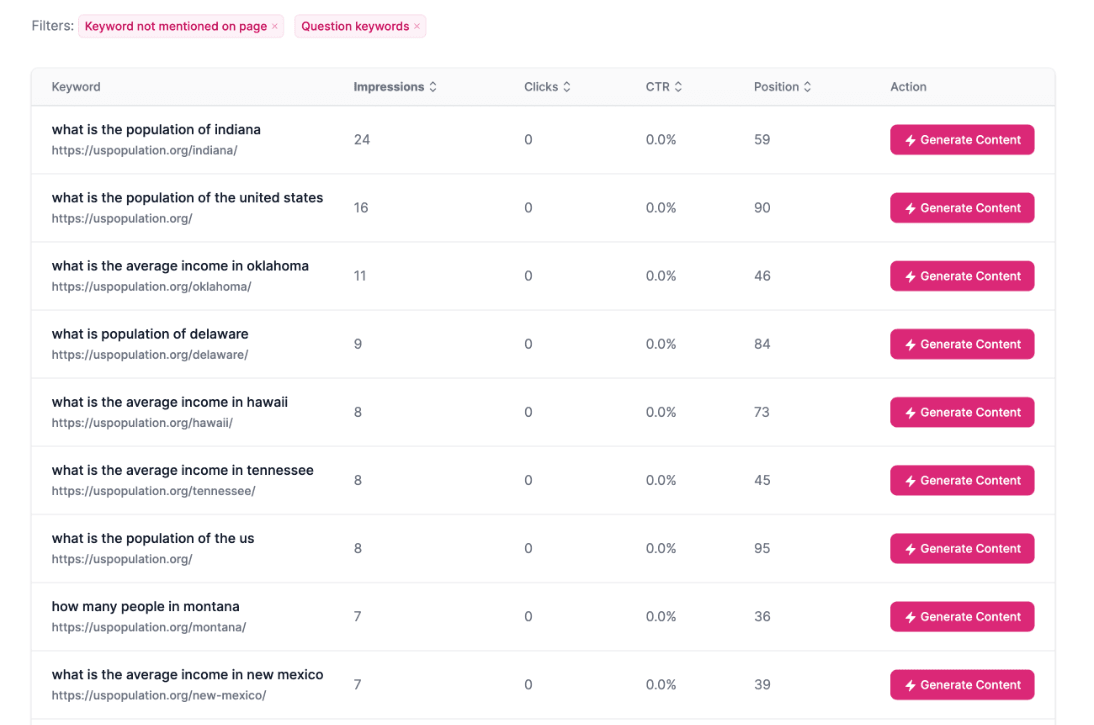
Though long-tail keywords typically have lower search volumes, they offer higher conversion rates because they capture users with clear intent. For instance, instead of targeting the broad term "smartphones," a more specific phrase like "affordable 5G smartphones for seniors" draws in users ready to make a purchase, increasing the likelihood of conversion.
How to Find Long-Tail Keywords: To discover valuable long-tail keywords, begin by thinking about the specific questions or phrases your target audience might use. Tools such as Keyword Metrics can help uncover long-tail keyword options. Additionally, Google’s "People Also Ask" and "Related Searches" features can be used to get more ideas.
Strategically Incorporate Long-Tail Keywords in Content: After identifying your long-tail keywords, integrate them naturally into your content. Focus on writing valuable, high-quality information rather than overloading your content with keywords. For example, if you run a travel blog targeting the keyword "best solo travel destinations for women," craft a detailed guide that offers tips, safety advice, and personal experiences to engage your readers.
3. Analyze Competitors for Keyword Strategies
By learning from others in your industry, you can use competitor analysis to enhance your online visibility. Studying the keywords your competitors use helps you optimize your content to compete more effectively in search results. Here’s how to conduct a thorough competitor analysis to gather valuable keyword insights.
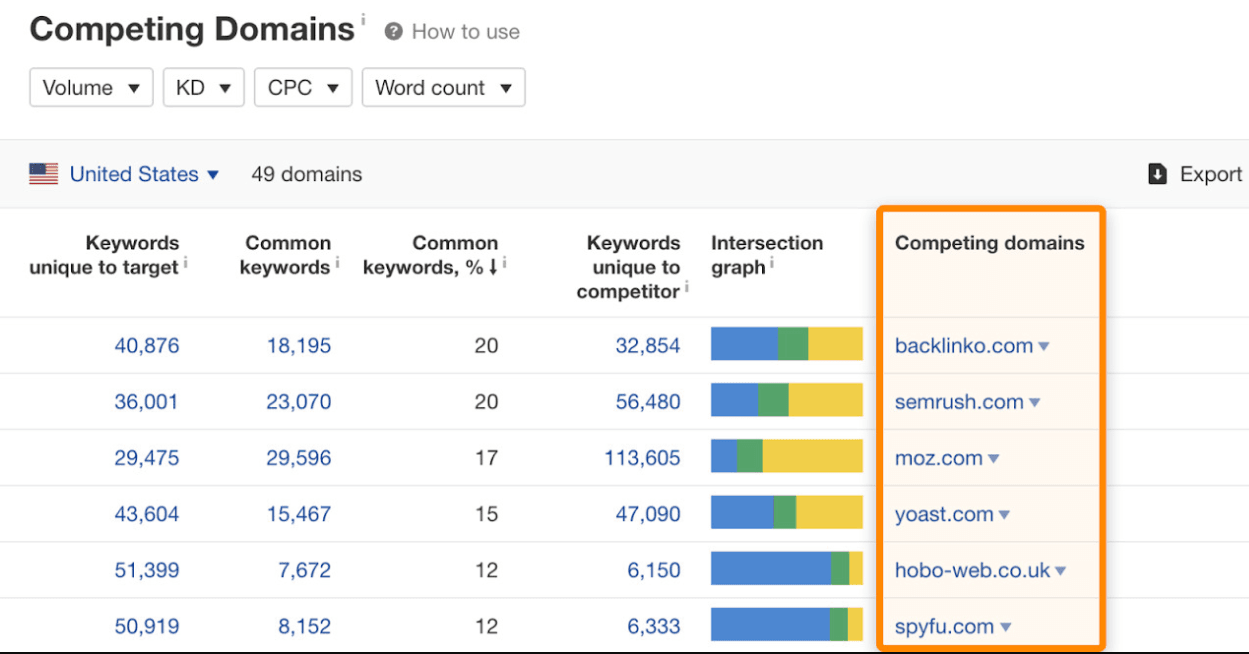
- Identify Key Competitors: Begin by pinpointing competitors that rank highly for keywords relevant to your industry. Use tools like SpyFu or Ahrefs to find out who consistently outranks you in search results. For example, if you run a local coffee shop, competitors ranking for "best artisanal coffee" or "coffee shops with vegan options" should be on your radar.
- Examine Their Content for Keyword Usage: After identifying competitors, study their website content to see how they incorporate keywords. Look for keywords they use in their titles, headings, and throughout their articles. If you manage a fitness brand, and a competitor ranks high for keywords like "best home workout equipment," it suggests these terms are working well for them.
- Evaluate Their Backlink Strategy: Backlinks are great for search rankings and analyzing competitors' backlink profiles can offer insights into which keywords are gaining attention. Tools like SEMrush or Moz can help. For instance, if a rival health supplement site has many backlinks from authoritative blogs using terms like "plant-based protein benefits," you may want to target similar keywords in your content.
4. Optimize Your Website with Targeted Keywords
To improve your website's visibility optimize your content with relevant keywords. By incorporating these keywords, you increase visibility and drive more organic traffic to your site. Here are some effective ways to do this.
- Optimize Your Meta Tags: Meta titles and descriptions have a direct impact on your website’s visibility in search results. Include your target keywords naturally in these tags to improve relevance and attract clicks. For example, if your page is optimized for "affordable home office furniture," your meta title could be "Affordable Home Office Furniture | Quality and Comfort," and your meta description might read, "Shop affordable and ergonomic home office furniture to enhance your workspace."
- Create Keyword-Rich Content: When writing content, incorporate your target keywords naturally without overloading the text. Focus on delivering valuable, engaging information that speaks to your audience’s needs. For instance, if your website focuses on eco-friendly products, you could write a blog post titled "Top 5 Eco-Friendly Home Cleaning Products," naturally integrating keywords like "non-toxic cleaners" and "environmentally safe products" throughout the article.
5. Monitor and Analyze Keyword Performance
Tracking and analyzing keyword performance is another component of maintaining and improving online visibility. Once your keywords are in place, regular monitoring helps ensure their effectiveness in reaching your target audience. Here’s how you can leverage performance tracking for long-term success.
- Routinely Evaluate Keyword Effectiveness: Monitoring how your keywords perform over time lets you understand their impact. For example, if you own an e-commerce store that sells outdoor gear and you've optimized for "best hiking boots for women," tracking this keyword allows you to see if it's driving traffic to your site. If performance declines, adjustments in your content or strategy might be necessary.
- Update Strategy for Long-Term Success: Keyword trends can shift over time, and you’ll need to stay updated. By tracking your keyword performance, you can adjust your strategy based on emerging trends. An instance is if you sell footwear and you notice a growing interest in "waterproof hiking boots" over time, incorporating this keyword into your content strategy can help maintain relevance and boost traffic.
- Identify High-Performing Keywords: Some keywords will outperform others in driving traffic and conversions. Regularly tracking these keywords lets you focus your resources on what works best. For instance, if "lightweight hiking backpacks" consistently attract more visitors, you might consider creating more content or promoting products that align with that keyword if you’re into backpack sales.
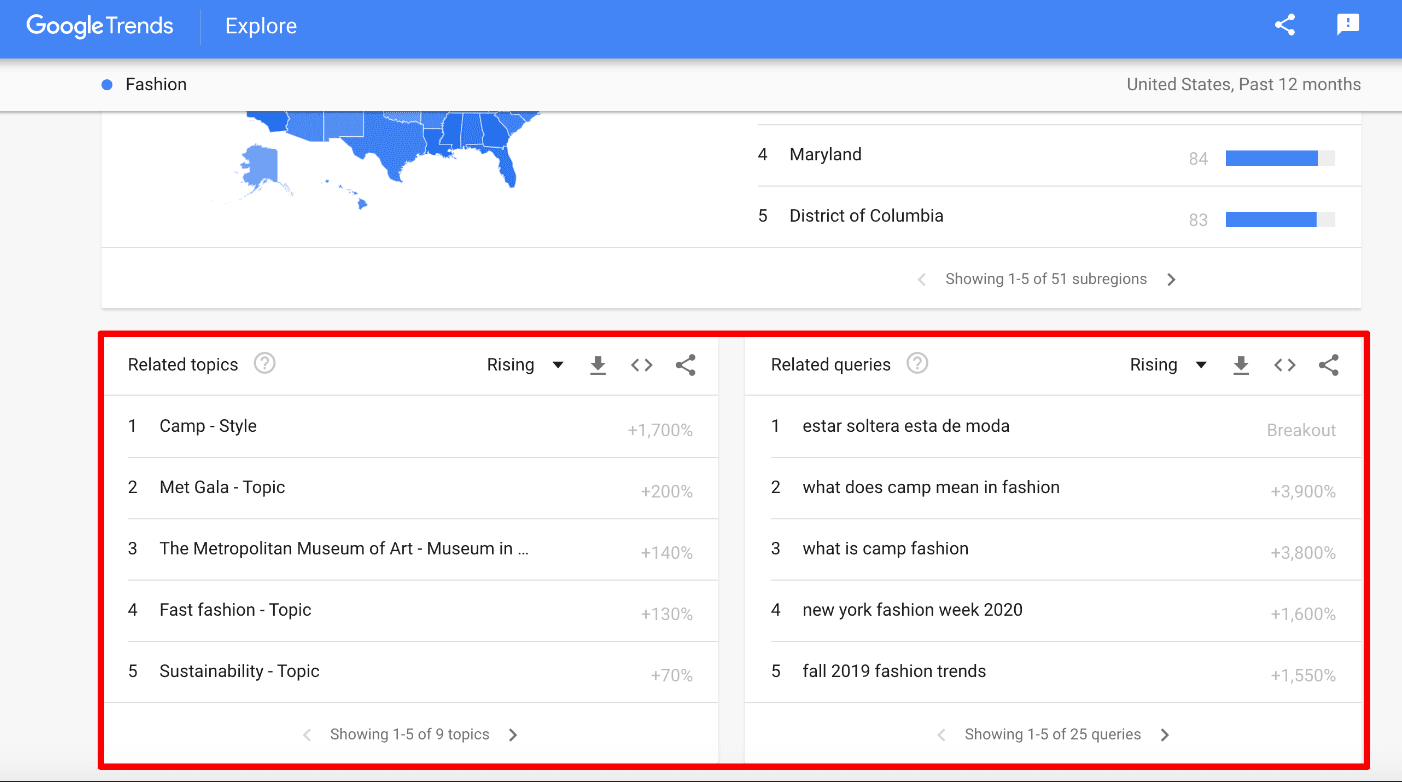
- Analyze Seasonal Trends: Many industries experience seasonal variations in keyword popularity. By tracking keyword performance, you can anticipate these shifts. For instance, if you run a fitness blog, you might observe a rise in searches for "home workout routines" during the New Year. This insight helps you adjust your content calendar to capitalize on seasonal demand.

Take Your Online Visibility to the Next Level
Boosting your online visibility requires more than just creating content—it's about strategically using the right keywords to reach your target audience. By leveraging effective tools like Keyword Metrics, you can uncover hidden opportunities that enhance your page’s visibility and drive quality traffic to your website.
Whether you're re-evaluating your keyword strategy or identifying untapped search terms, the right tools can make all the difference. It is time to turn your keyword data into results that push your brand ahead of the competition.
Start optimizing your content today using Keyword Metrics and watch your online visibility grow.
Check out our latest article on the 7 best keyword research tools of 2024.
